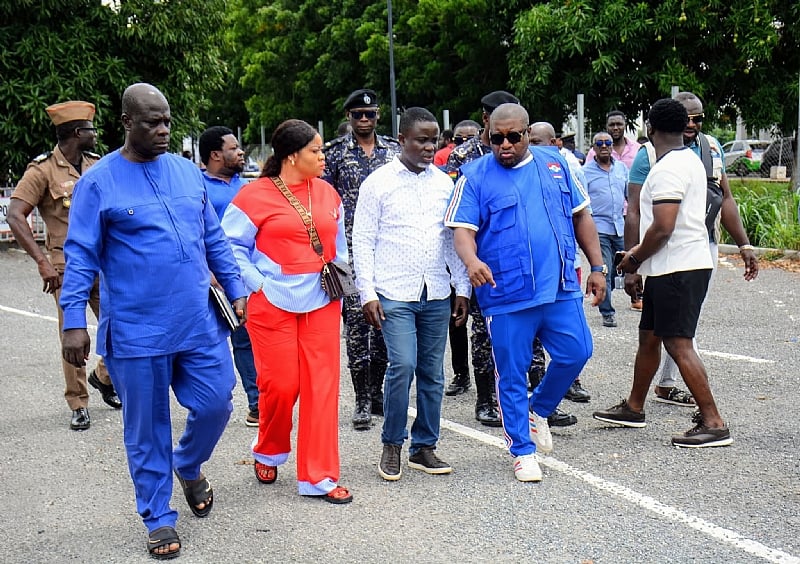Ghana’s 2024 general elections were a referendum on the governing New Patriotic Party’s (NPP) disconnection from its base and its failure to acknowledge growing public anger, rather than just a shift in political power, a new report on NPP’s Delegates Conference by Accra Street Journal argues
Accra, Ghana — The results of Ghana’s 2024 general elections were more than just a shift in political power—they were a referendum on the governing New Patriotic Party’s (NPP) disconnection from its base, its internal fissures, and its failure to acknowledge growing public anger. The electorate didn’t just vote against the NPP; they ignored it. And that kind of apathy is far more dangerous than outrage.
From the start, Vice President Mahamudu Bawumia’s presidential bid was hobbled not by a lack of credentials but by a lack of resonance. According to Paul Yandoh, the NPP’s defeat was not necessarily a rejection of Bawumia’s message but a symptom of a broader national discontent. “Ghanaians were angry with the NPP,” he noted, “so they paid no attention to Bawumia’s message.” The Vice President’s early concession, a rare and graceful act in Ghanaian politics, drew criticism from defeated parliamentary candidates who viewed it as premature. But as pollster Mussa Dankwa rightly observed, Bawumia’s timing wasn’t the problem. The loss was sealed long before ballots were cast.
This disaffection wasn’t created overnight. Kennedy Agyapong , whose bid for the NPP flagbearer position energized the party’s populist base, remarked after the elections that the party’s own delegates had demanded “real change.” That call was largely ignored in favor of establishment continuity—a choice that voters did not forgive.
Bryan Acheampong attempted to paint the post-election mood with optimism, insisting that the party’s choices were part of “a collective will to build a stronger, united NPP.” But unity isn’t just a slogan—it must be earned through listening, not just strategizing. Acheampong’s remarks echo a broader tendency within the party: mistaking institutional loyalty for public trust .
If the 2024 defeat has any silver lining for the NPP, it lies in the honesty now emerging from its own ranks. The internal commentary reflects a party wrestling with its identity. Is it a forward-looking political movement or a machine focused on succession and power consolidation?
The real challenge ahead is not just to rebuild electoral fortunes, but to reconnect with the Ghanaian people in an authentic way. That means dealing with the economic frustrations, youth unemployment , corruption perceptions, and elite disconnect that drove voters away.
If the NPP continues to blame optics instead of addressing substance, it will remain out of touch. But if it listens—really listens—to voices like Agyapong, Yandoh, and even its own grassroots, there’s a path back. It won’t be easy, and it certainly won’t be quick. But real change, the kind voters demanded in 2024, rarely is.


